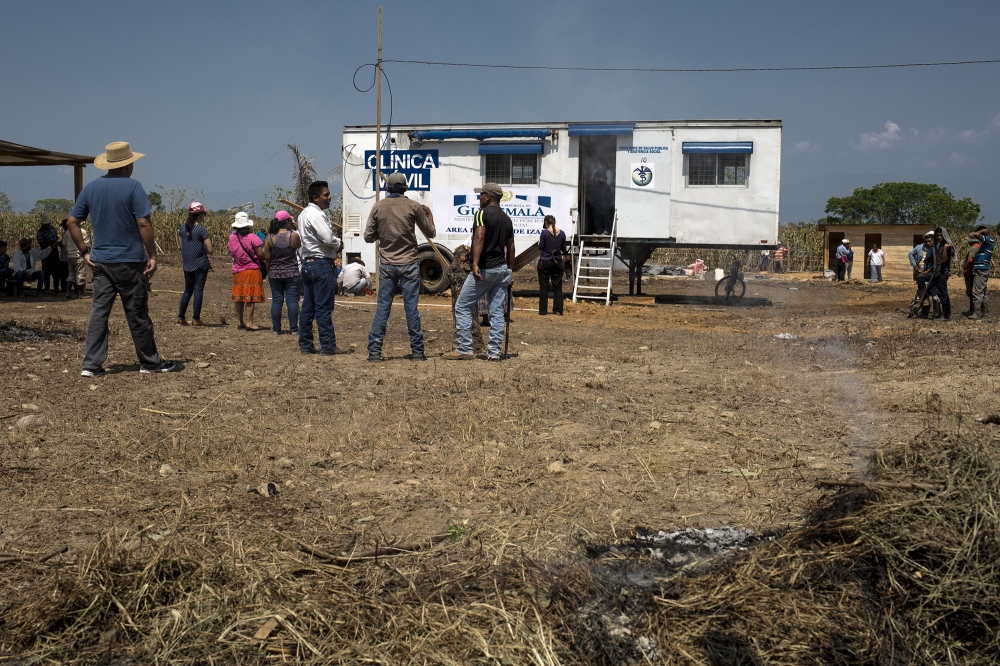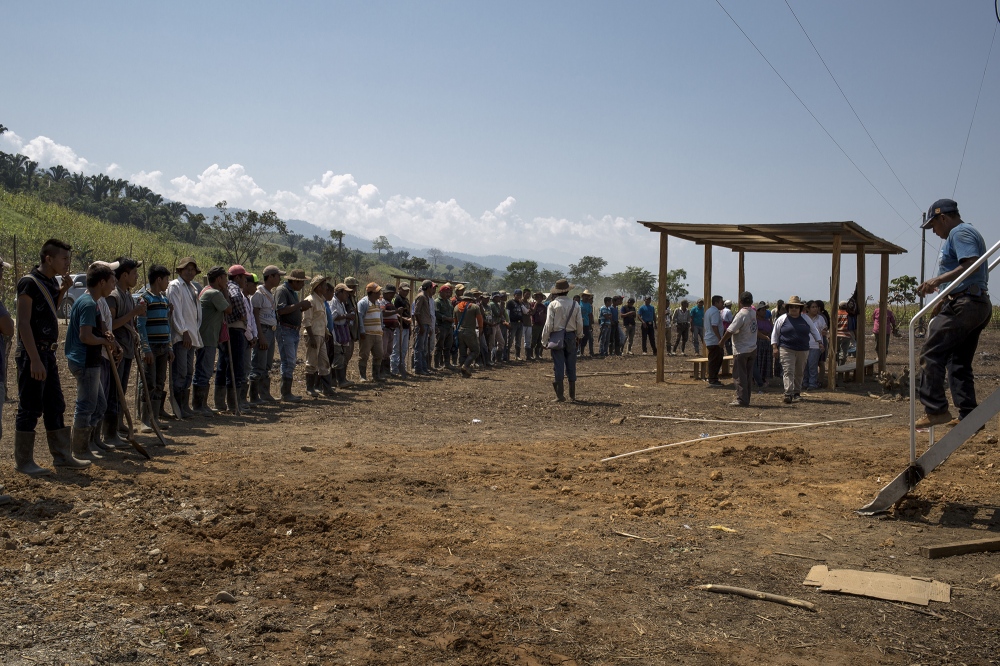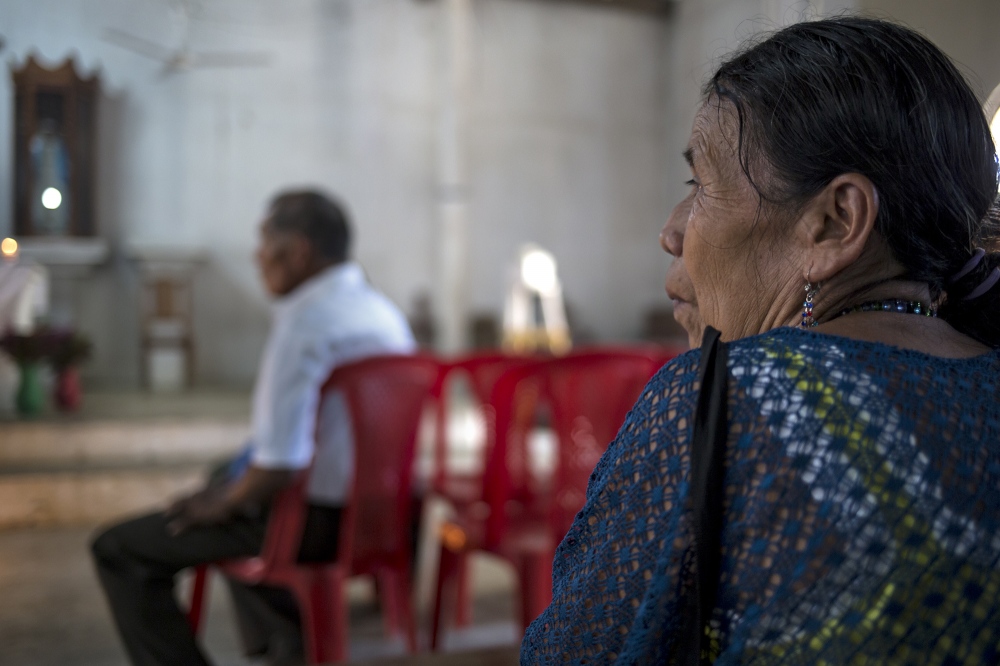"We have come to tell the truth and we have told the truth. We have heard the accused refuse to accept what they have done, but we ask ourselves, then, where are our husbands? "
Demecia Yat, collective Jalok U
At the beginning of the 80s, the population of Sepur Zarco, of Q'eqchi 'Mayan ethnicity and the farmers of the area, had been in dispute over the ownership of the land in which the Q'eqchies lived for decades. In 1982, during the armed conflict (which left a balance of 45,000 victims of forced disappearance at the national level), the Guatemalan army kidnapped and disappeared several leaders of the land committee who were processing the legalization of the land. Soon after, a military detachment was installed in the community.
Several women approached the army to ask for information about their missing husbands. Since the husbands were missing, the women were considered "single women" and therefore "available". For up to six years they were forced to take turns every three days to wash the uniforms of the soldiers and prepare their food. In each shift they were subjected to constant violations and sexual slavery.
After more than a decade of work together with several NGOs Jalok U, a collective formed by 15 of the victims of Sepur Zarco, all women, reached a unique achievement: two of those responsible for the events were found guilty of crimes against humanity in their form of violence sexual, and humiliating and degrading treatment to ethnic Q'eqchi 'women. The sentences were between 120 and 240 years in prison. This is the first time a national court condemns sexual slavery as a war crime.
Before starting the path to justice, pain, fear and shame prevented the members of Jalok U from sharing their experiences from the armed conflict, especially the sexual violence. With the psychosocial support of the organizations and other survivors they reached the point that, after the condemnatory trial, they speak in public of their experiences. They share them to prevent their recurrence in the future. Having learned to speak openly helped them to suffer less emotional pain today.
The women say that since the arrival of the mobile health post on the anniversary of the sentence (the first step towards compliance with the measures of reparation established with the sentence) they feel respected in the community and see that their struggle begins to give results.
"I'm going to die in peace. I will leave a precedent to my daughters and to other women: that of not shutting up the atrocities. "
Member of the collective Jalok U
The "grandmothers of Sepur Zarco", as they are called, are now references for their communities and for women internationally. By putting words to sexual violence and winning a trial, they have opened the way to denouncing sexual violence committed both during the armed conflict and today.























